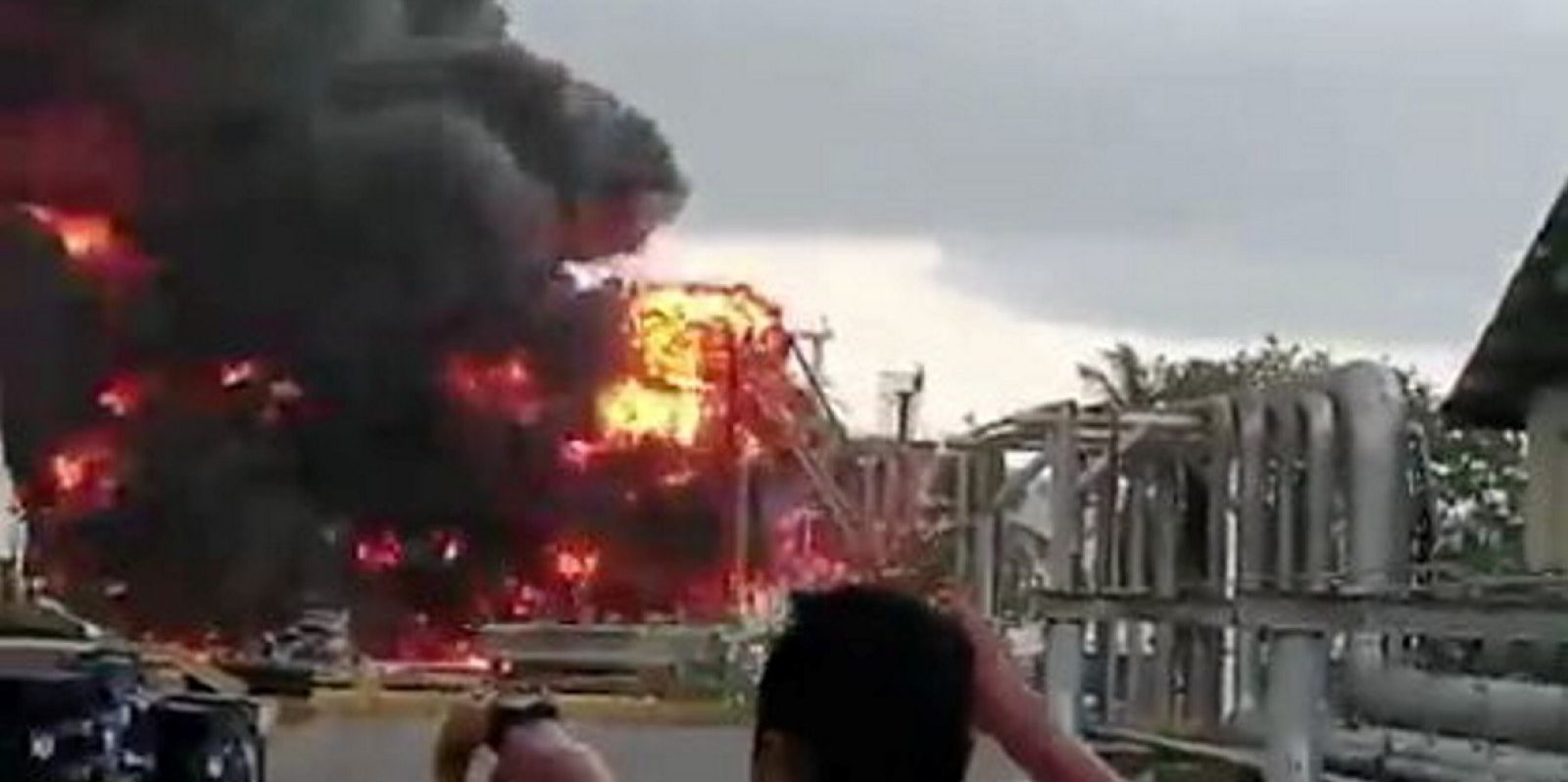Expansion at a Colombian refinery will provide further impetus for product tanker shipping, but crude shipments will fall, a shipbroker believes.
The Cartagena plant has recently commissioned an expansion that will take its capacity to 200,000 barrels per day (bpd), around a third higher than its original capability.
This expansion is a major part of the plans of the plant’s operator Ecopetrol to turn Colombia into a major refined product exporter, Paris shop Barry Rogliano Salles (BRS) said.
“However, as with other refineries close to the wellhead elsewhere, notably in the Middle East, this will likely see crude exports fall and be replaced with refined product exports instead,” the broker added.
The latest data suggest that Colombia exported just under 100,000 bpd of crude by sea in August.
Meanwhile, the recent blaze at a Venezuelan export terminal demonstrates why the country will not be able to recover to previous shipment levels without big investment, BRS said.
The Guaraguao export facility in Puerto La Cruz was engulfed by a fireball caused by a leak from a loading hose attached to the 36,000-dwt product carrier Larko (built 2001) earlier this month.
The ship was taking on petrol.
Domestic reports suggested the tanker was not badly damaged and it was moved to an anchorage offshore.
“This incident highlights the perilous state of Venezuelan oil infrastructure following many years of underinvestment,” BRS said.
In Europe, Finnish oil company Neste has announced a feasibility study to explore the option of ending crude processing and turning its flagship Porvoo refinery into a renewables plant.
The 206,000-bpd Baltic Sea facility had until recently been largely reliant on Russian seaborne crude, but has now diversified to import more Norwegian, Danish, UK and even US barrels, largely by aframax, the broker explained.
But any change would be unlikely to occur within the next 10 years, BRS believes.





